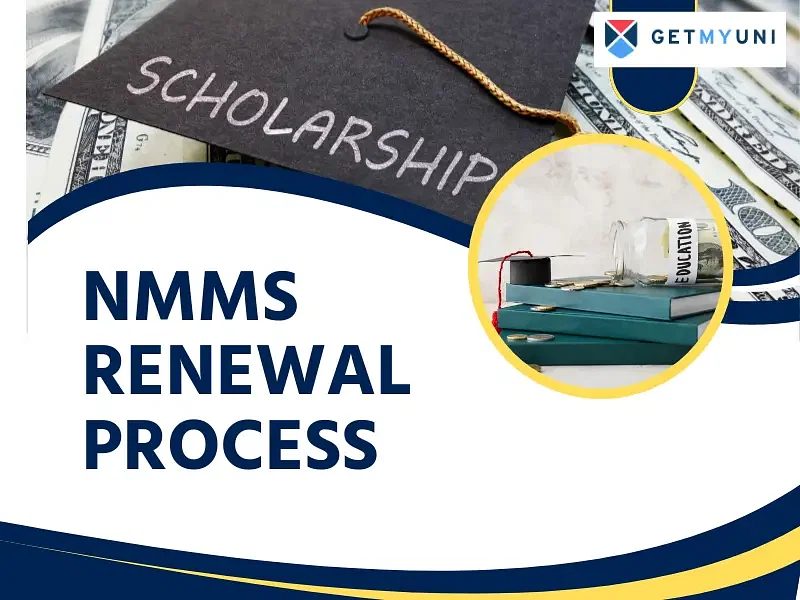Spell bee competitions are the spelling contest where students are asked to spell the words correctly, with varying difficulty levels, revolutionising education since 1786 among the most illiterate nations.
As the name suggests, spell bee competitions are spelling contests where students are asked to spell the words correctly, with a varying degree of a medium, i.e., easy to difficult. As written in dictionaries, student participants must know the root words, which will help enhance their performance in spell bee.
The spell bee competition was thought to have originated in the US. Now spell bee events are held in many countries around the world. Most importantly, spelling bee competitions are common in English speaking countries.
What are Spell Bee Competitions?
A spell bee competition is where the student participants are asked to spell a selection of words with varying difficulties. To participate in a spell bee competition, students must memorize the spellings of words knowing the root and origin.
Spelling bees competitions are commonly conducted in English and originated in countries with English as a native language because other languages have a more predictable spelling system.
List of Spell Bee Competitions in India
Spelling bee competitions usually start in elementary, i.e., primary school or middle school. The student participants compete against other classes of the same grade.
The following lists the popular national and international Spell Bee competitions conducted in India.
- HummingBird International Spell Bee Competition
- Crest International Spell Bee Competition
- ITO International Spell E Olympiad
- SpellBee International
- India Spelling Bee
- Wiz Spell Bee
- MaRRS Spelling Bee
Importance of Spell Bee Competition
Spelling bee competition helps improve students' confidence, and there are various other reasons that students can be benefited from.
Here are some reasons why parents or teachers must encourage children to join the spell competitions:
- Learning Grammar: Students' grammar is improved at a great scale through spell bee competition.
- Vocabulary: The vocabulary of children is improved as they get exposed to root words.
- Competitive Spirit: The healthy spirit of competition is generated among children through competitions like spell bee.
- Greater Knowledge: Knowledge in students is improved through Spelling Bees.
Why Should Students Participate in a Spell Bee Competition?
Many have questioned the value of spelling bees. The main concern from parents is that their children perform mindless rote memorization under high pressure. Some even think the competition has a potentially traumatizing environment. But the truth is spell competitions motivate students to acquire lots of benefits.
Reasons, why students should participate in spell bee competitions, are,
- Better Perspective of Life
While students reach the highest levels of the national contest, compete live in front of millions of people; it helps them overcome fear by improving speaking skills and encourages them to learn valuable life skills.
Students gain the competitive experience necessary to develop healthy sportsmanship. Moreover, students learn how to win and lose with grace. Most importantly, students are encouraged to interact and connect over a mutual interest in language.
- Gaining Confidence
Students also gain confidence by performing in public. Like athletics and sports, which are commonly viewed as healthy outlets for the competitive spirit, students get the opportunity to perform, compete, and experience through spell bee. As a result, they can learn valuable life lessons on their terms.
- It's Not About Memorising Words
Spelling bee participants gain incredible language-based knowledge and literacy skills. Former judge at the Scripps National Spelling Bee, Linda Wood, has pointed out that studying for a spelling bee doesn't just entail rote memorization of words but involves more learning than most people imagine.
Students learn about word roots and origins while training for a spelling bee. Learning root words help them search deeper to understand the meaning and grammatical function of every word.
Spell bee competitions encourage students to learn about the word components' usage, meaning, and history, such as affixes.
- Improves Learning Strategies
Not only is vocabulary increased, but students who target their spelling study can also develop cognitive abilities and learning strategies. They can apply all qualities to any field later in life. Spellers always equip themselves with the various tools to reach a higher writing level and manipulate language.
Note: 'Speller' represents the student participant and 'Pronouncer' represents the judges in the entire article.
Rules of Spell Bee Competition
Spell bee competitions are conducted orally, written, or as a combination of both. The English-Speaking Union (ESU) is the regulating authority for selecting the word lists to be used. Only the words that appear in the Oxford Dictionary are included in these lists. According to the Oxford Dictionary, the pronouncer will make every effort to pronounce the words.
Below are the important rules that are common for all the spell competitions conducted.
- The final deciding authority of the spell bee competition is the Oxford Dictionary.
- If a word has more than one spelling listed, then any spelling is accepted only if the word matches the pronouncer's pronunciation and definition.
- The pronouncer can ask participants to repeat the word, define the word, or give a sentence including the word.
- The pronouncer will indicate the word that should be spelt if a word has one or more homonyms. However, the correct spelling of any homonym of the word will be accepted.
- For spelling each word, a maximum of two minutes will be allowed.
- The role of the pronouncer is to pronounce the word, repeat a word correctly, define it, or use it in a sentence if the student requests.
- A speller may stop and can start spelling the word again by retracing the spelling from the beginning. There can be no change of letters or sequences as first pronounced while retracing.
- The participant will be eliminated if letters or their sequence are changed in the respelling. Spellers cannot ask the pronouncer to repeat the word once a speller has started to spell a word, define the word, or give a sentence including the word.
- For failing to note that a word is capitalized, the speller shall not be disqualified.
- To produce the required number of qualifiers for the final or the final winner, the competition will be conducted in as many rounds as necessary.
- Each speller will be required, in each round, in turn, to spell one word.
- All the participants may be required to spell the same word in writing by the judges in any round.
Spell Bee Elimination Process
The final competition will be conducted in as many rounds as necessary to produce the required number of qualifiers for the winner. All spellers eliminated in the same round will be tied to the same place.
Below are the spell bee elimination process,
- Only one of them remains in the competition after having spelt a word correctly. If there are three or more spellers still in the competition in any round, a new round shall begin, and that remaining speller shall be allowed to spell the next word on the list. If the speller succeeds in spelling the new word correctly, the speller will be declared the winner.
- If only two spellers remain at the final round, the winner will be determined in the following manner:
- The pronouncer will give the first speller a word and, if the word is correctly spelt, the pronouncer will provide the second speller with a word and, so on;
- The other speller will be given a chance to correct the error where a speller misspells a word. If the word is misspelt again, the pronouncer will provide another word for the first speller and so on;
- The speller will be given another word if they can correct an error, and if they spell that second word correctly, the speller will be declared the winner.
Best Books to Prepare for Spell Bee Competitions
A walk-through of the preparatory books (with round-by-round explanation) for a better understanding of the spell bee competitions are available in the books.
Below mentioned are the best books to prepare for spell bee competition.
- A Champion's Guide to Success in Spelling Bees by Ned G. Andrews
- American Bee by James Maguire
- Spelling Success by Peter M. Clutterbuck
- How to Spell Like a Champion? By Paige Kimble
- Words from the Champs by Sriram Hathwar
- The Stupendously Spectacular Spelling Bee by Deborah Abela
- The Spelling Bee Before Recess by Deborah Lee Rose
- Attack of the Tighty Whities! by Nancy E. Krulik
- Words of Wisdom: Keys to Success in the Scripps National Spelling Bee by Scott B. Remer
- Captain Awesome and the Ultimate Spelling Bee by Stan Kirby
History of Spelling Bee Competition
Spelling competition began due to the influence of Noah Webster's "Blue-backed Speller." Spell bee revolutionized education in 1786 among the mostly illiterate nation. Teachers soon began to use competitions to motivate students to improve their spelling once Webster sparked a generation's interest in spelling. In 1808, the spell bee competitions were recorded, though they weren't formalized until the first United States National Spelling Bee in 1925.
After 16+ years of annual contests, the Scripps Howard News Service began to sponsor the Spell bee competitions and support them. Now it is known as the Scripps National Spelling Bee. Not only do children in the US participate, but the competition is now open to competitors from around the world. Major cash prizes are won by the best spellers, making competition fierce.
The Scripps National Spelling Bee's popularity has spread with local communities, holding spelling bees in various countries. To help the kids learn English, even non-English speaking countries in Asia, Africa, and the Middle East use the format.










